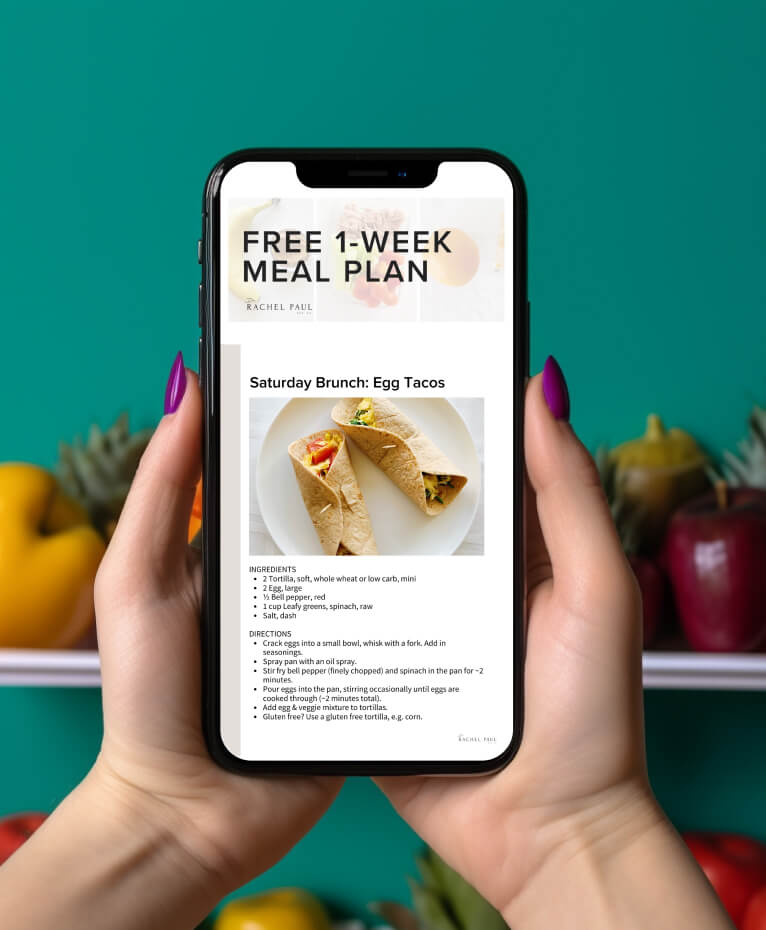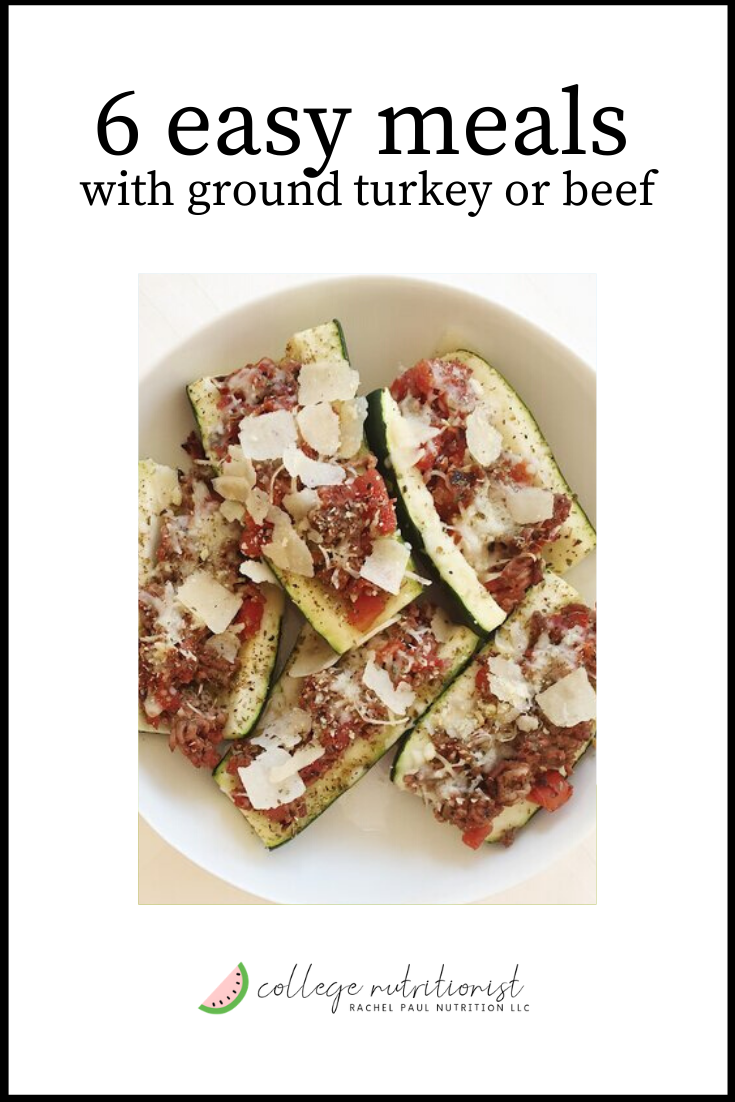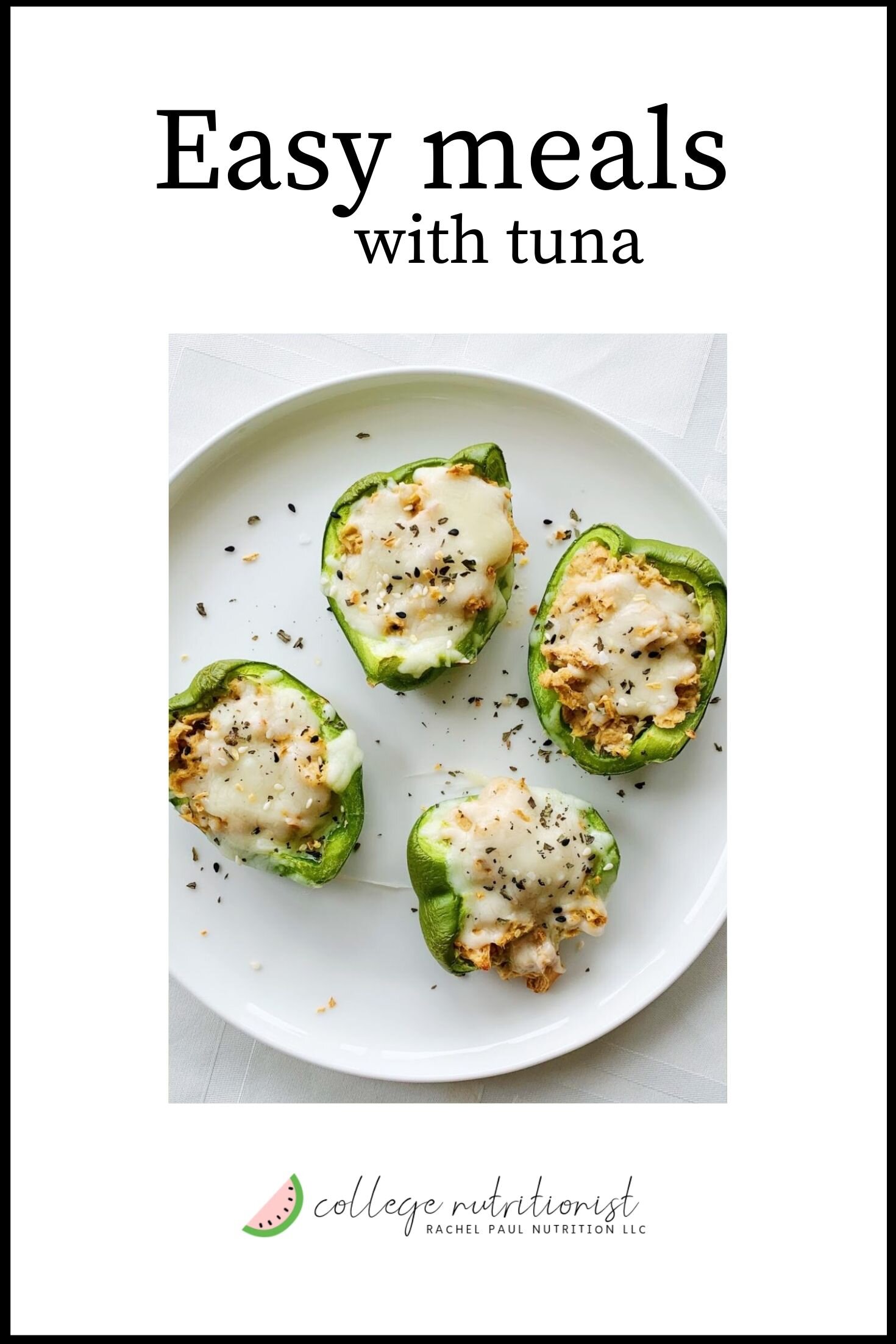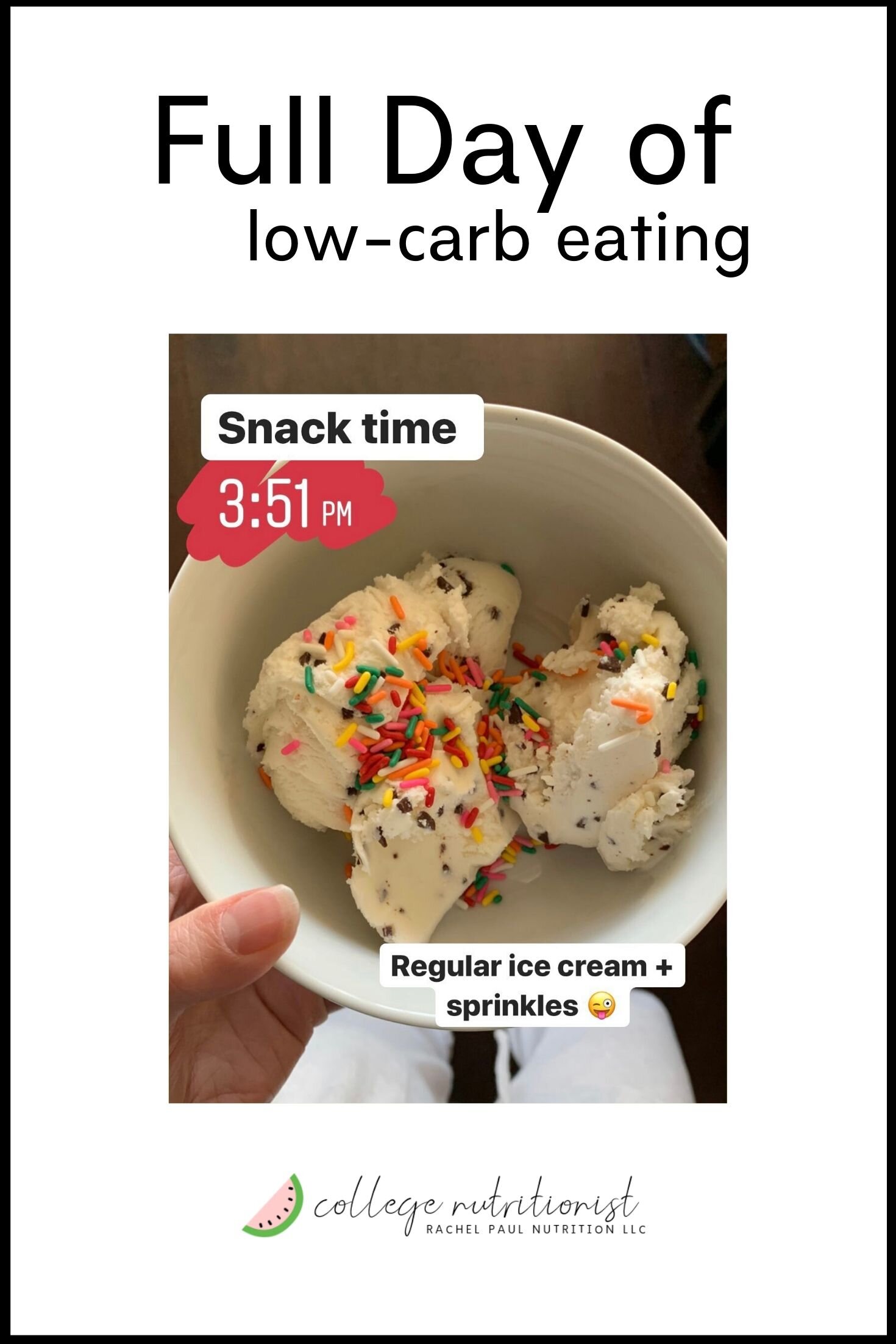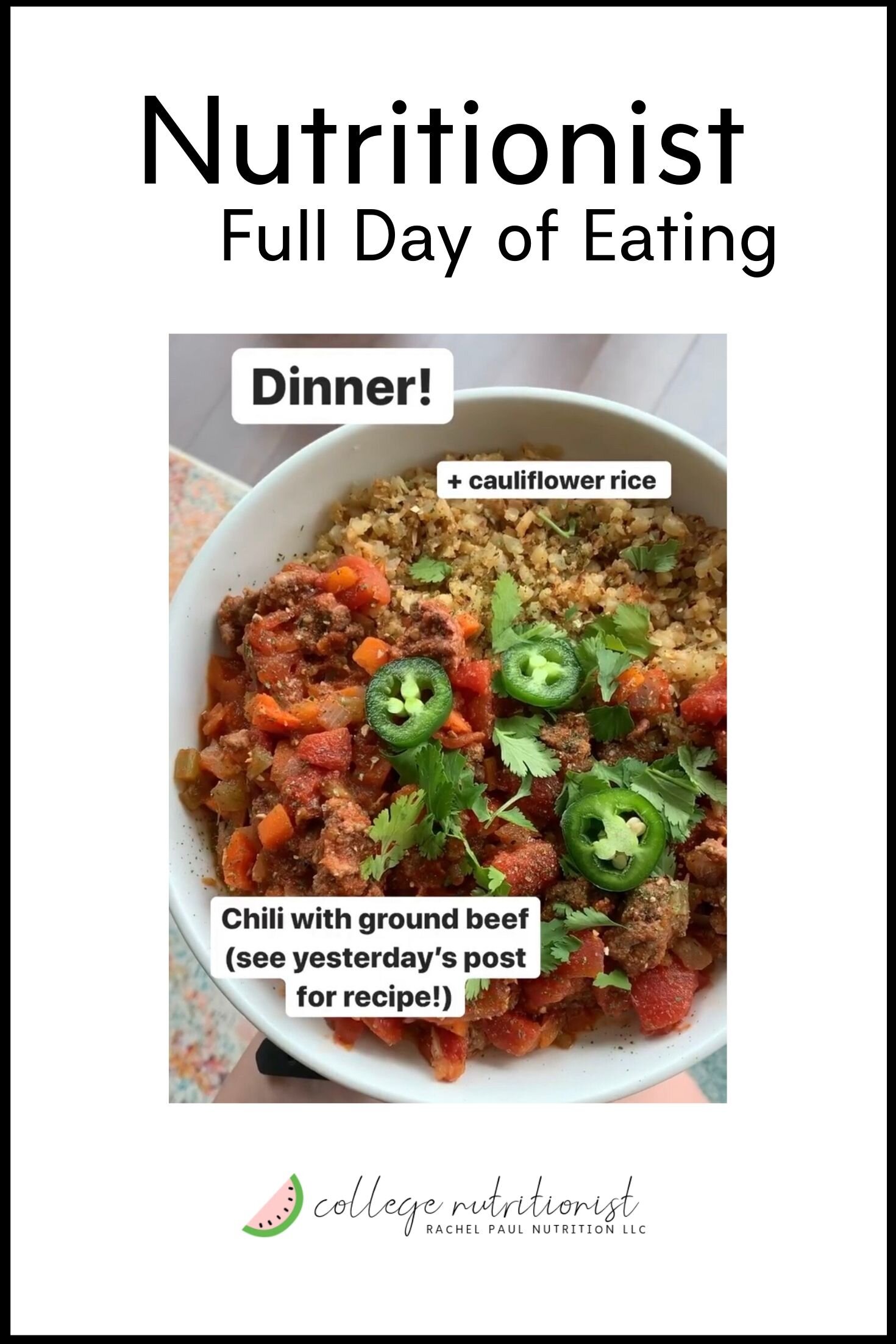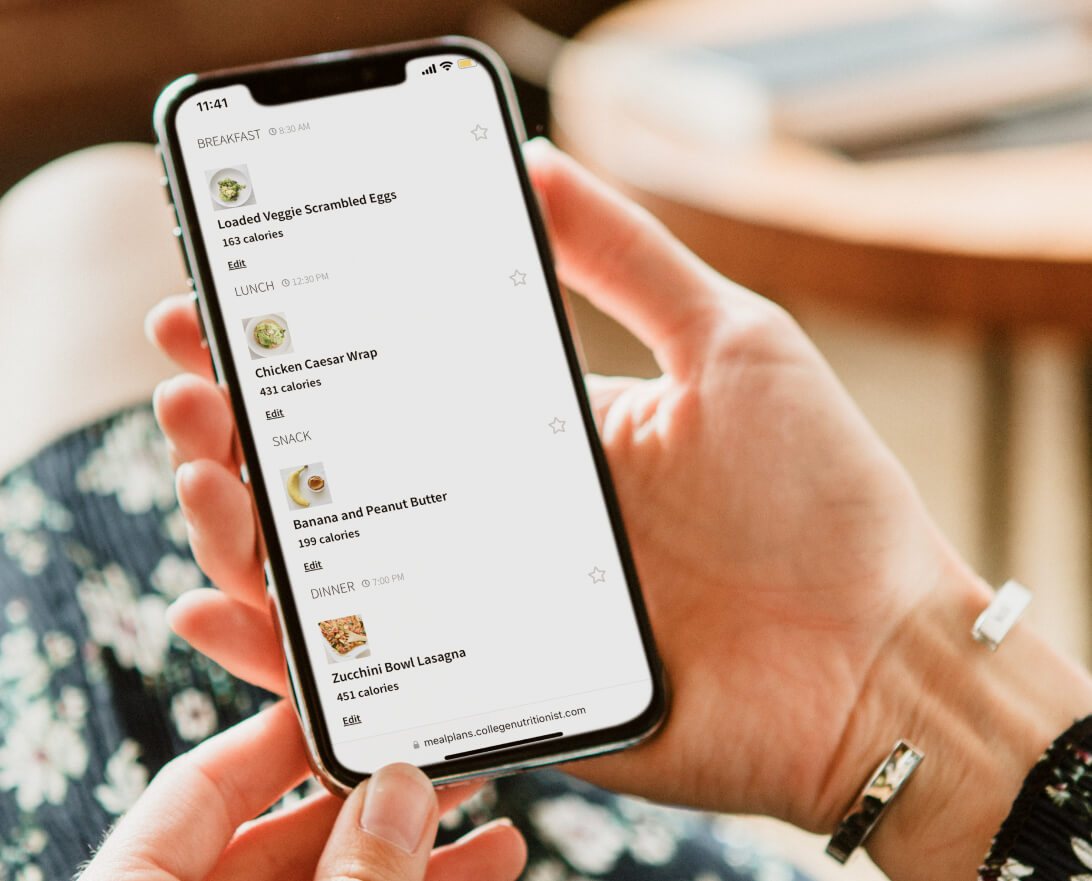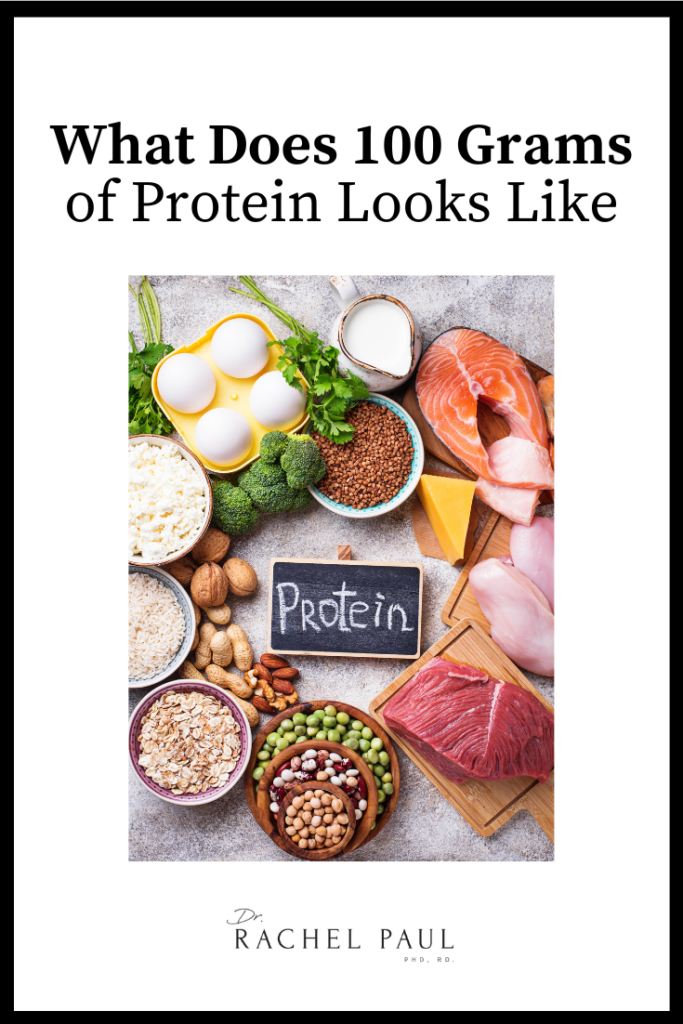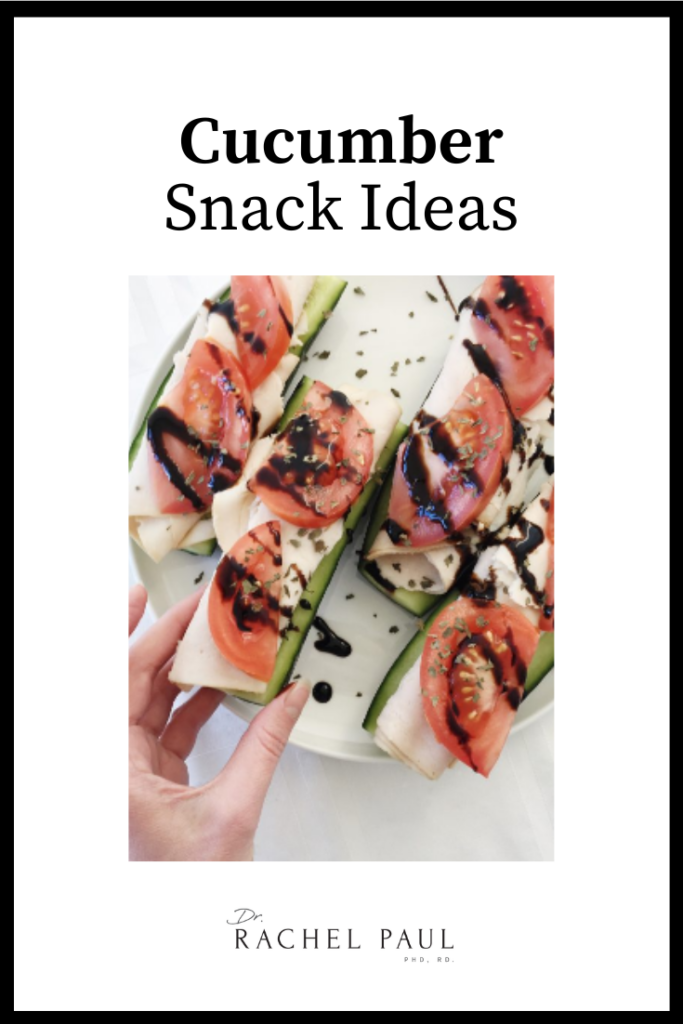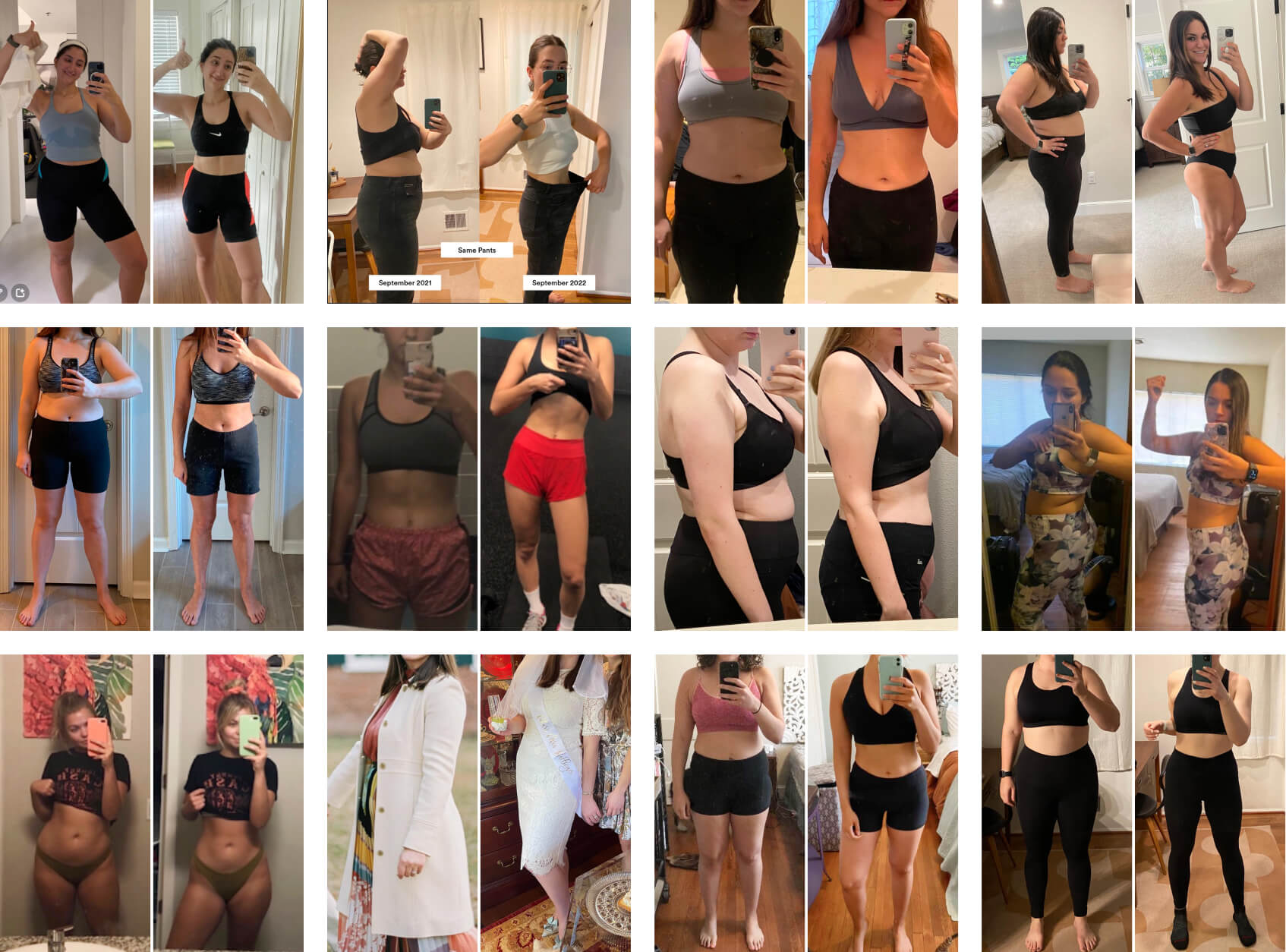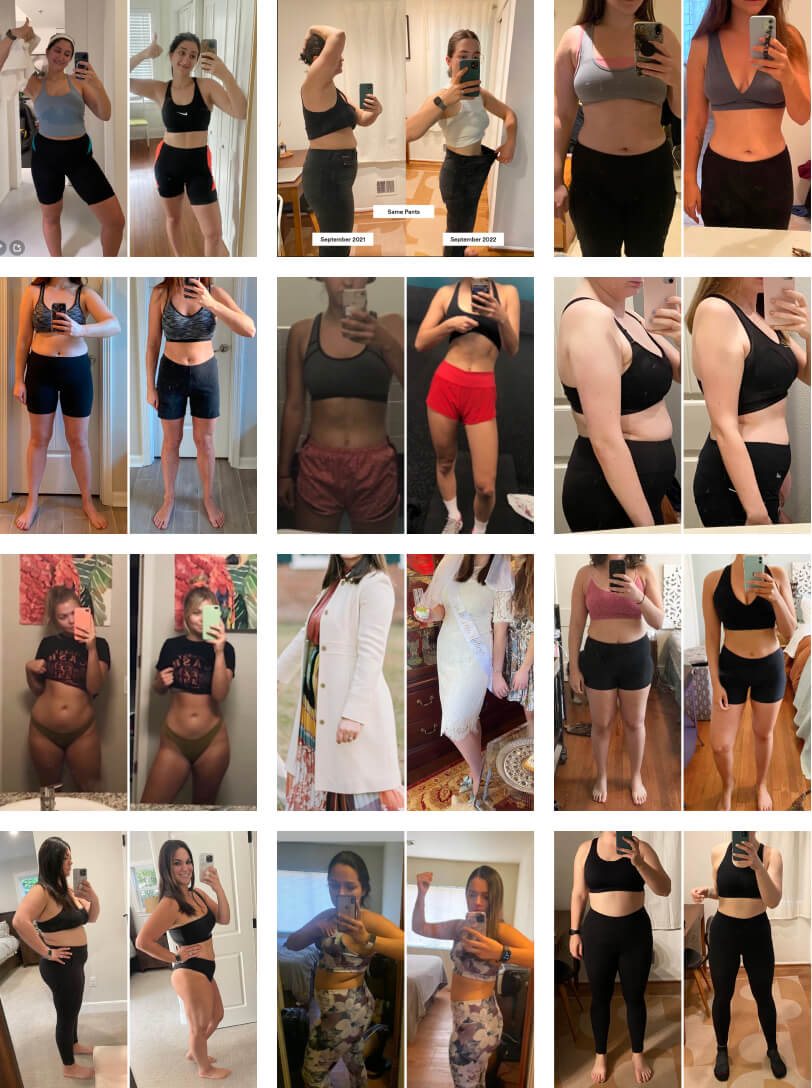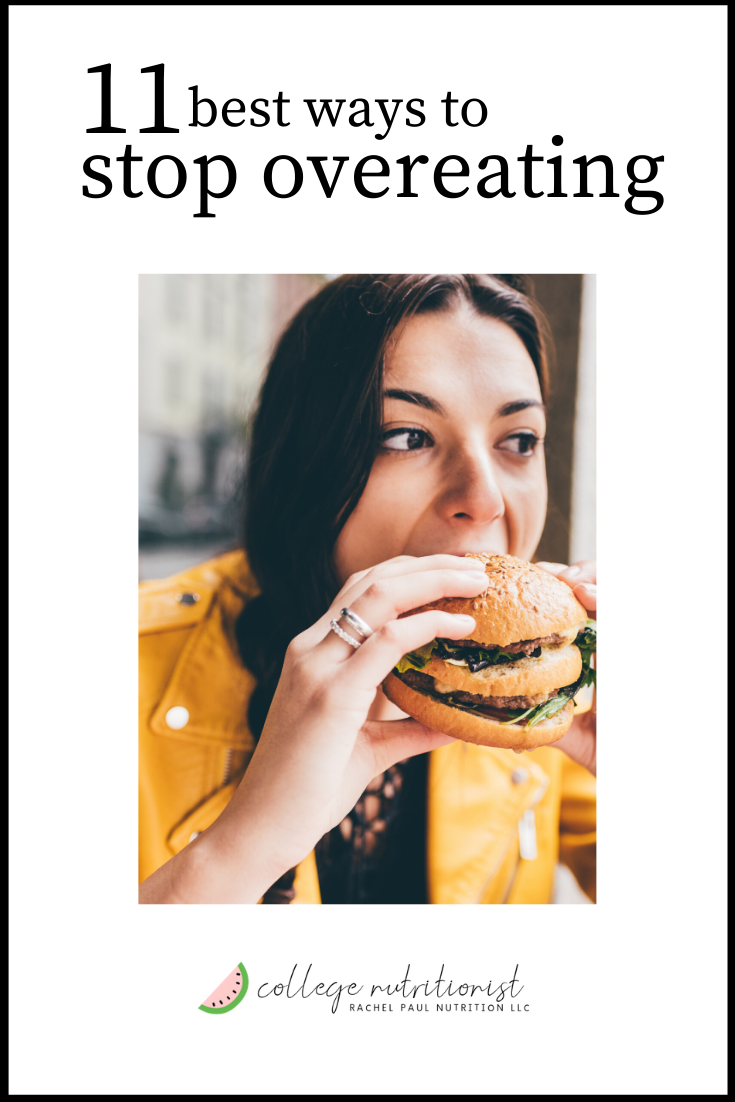
First of all, what is overeating? Overeating is defined as eating more than one’s body needs to maintain her weight. Overeating can be a good thing in some situations, like when a person is trying to gain weight. But often, we’re trying to stop overeating so that we can maintain our weight, or lose weight.
If you’re overeating, know that you’re not alone. Many of us do it, it’s become a normal part of our culture. As I’m sure you know, overeating often leads to weight gain, which in turn often leads to the leading chronic diseases in our country such as type 2 diabetes, heart disease, and insulin resistance and high blood sugar. If you have any of these issues, be sure to find professionals like registered dietitians in your area.
Common causes of overeating are the lack of knowledge of how much food your body needs, and emotional eating such as eating from boredom, sadness, anxiety or stress, loneliness, even happiness.
In this post, I’ll talk about how to stop overeating a 8 steps you can start taking now.
How To Stop Overeating
Stopping overeating is both simple and complicated. It’s simple in that you actually do less than when you were overeating – you’re doing less eating.
But it can be complicated in that we generally have to feel those negative emotions – boredom, sadness, anxiety or stress, and loneliness – without seeking the comfort of food. Once you adopt these changes as lifestyle, you’ll see new realities for yourself!
I’ll talk here about 11 best ways to stop overeating – some are quick tricks, and others take more mental adjustment, but they are all useful. Start implementing them as soon as you can.
11 Best Ways To Stop Overeating
1. Create a Structure to Your Day
When we’re just eating whenever we feel like it, and peaking in the fridge to see what’s in there, we often end up ordering out, eating something that wasn’t satisfying… and yes… overeating!
So set a time for when you’ll eat breakfast, lunch, snacks, and dinner. Include dessert & alcohol (if you’re over 21) in this plan, too. If you can plan your actual meals ahead of time, even better. Many women find that creating a structure alone helps them lose weight. Check out Best Body for weekly meal plans if you need inspiration or more help with planning.
2. Learn Some Easy, 15-Minute Recipes
When we’re stressed for time and don’t feel we have time to cook, it’s too easy to open the bag of chips – and then overeat them.
Instead, have some 3 or 4 ingredient meals at your fingertips that you like the taste of, take less than 15 minutes to make, and help you feel full for hours. For example, mix pre-grilled chicken strips, 1/2 an avocado, and 4 cups of lettuce to make a huge, filling salad; or fry 2 eggs in a pan and add in chopped pepper and cheese at the end for cheesy crunch. Here are more ideas.
Also stocking up on some higher quality frozen meals can be a game changer. I love Trader Joe’s spinach & artichoke dip, their cauliflower crust pizza, and their Saucy scallops & mushrooms to name a few! Here are more of my favorites.
3. Make Your Snacks Count
Snacking on foods high in sugars and refined carbs can give us a rush of energy, but then our blood sugar plummets and we’re reaching back in the bag for another handful of chips.
Try some of these healthy snacks that include protein & fat to keep you full for hours instead:
nuts (portion out 1/8 cup or 1/4 cup ahead of time!)
a high fat yogurt (for both protein and fat) – try to choose one with less than 15 gm sugar per serving
2 hard boiled eggs and 1 string cheese
an apple with 1-2 Tbsp peanut butter
4. Avoid Eating from Containers
An easy way to help make your snacks count is to avoid eating snack foods straight from containers. It’s way too difficult to be aware of portion sizes when we’re eating from a family style bag, and this type of behavior can often lead to weight gain.
Get some reusable plastic bags and pre-portion your snacks into single-servings so it’s easier to stop eating once you’re done with that serving. Here are some foods I often recommend pre-portioning out:
Measure out either 1/8 cup or 1/4 cup nuts
Buy guacamole in single-serving containers (Sabra, Wholly Guacamole, and Trader Joe’s sell these)
Starchy snacks like chips and pretzels
Sweets like candies and chocolates
This even works with foods like ice cream – if you can buy ice creams in single-servings like ice cream bars or popsicles, it can make enjoying the right amount easier
5. Eat Filling Foods High in Protein, Fat, and Fiber
Basing our meals around whole, real foods like chicken, fish, fiber-rich foods like vegetables, and filling fats like nuts, cheese, and avocado can help us feel more satisfied. Studies show in fact, that eggs, fish, yogurt, nuts, avocado, apples, and potatoes are the most filling foods. Foods high in filling fiber but don’t cause usually bloating include: avocados, bananas, carrots, blackberries, almonds, strawberries, and beets.
6. Eat Regular Meals
Similar to our #1, eating regular meals rather than constantly snacking can be a helpful strategy for stopping overeating. Space out these meals with 3-4 hours in between them to allow your body to digest your food, and to go through the normal cycles of fullness & hunger. So an example day could look like:
8am breakfast
12pm lunch
3:30pm snack
7pm dinner
7. Slow Down When Eating
People eat very quickly – but it does more harm than good. When we eat slowly, research shows that we feel fuller, quicker. Take at least 20 minutes to eat your meals and snacks – set a timer (your phone works just fine) to make sure you get there. You may even realize your total food intake decreases!
8. “Out of sight, out of mind”
This just worked for me! As soon as you feel full, put the snack or meal away. Even just moving it across the room can be helpful. If possible, put it away in a cupboard or in the fridge or freezer.
9. Are You Thirsty?
Not often, but sometimes, we confuse thirst for hunger. Get a big glass of water or a seltzer and see if that satisfies. Here’s a fun jug to see how well you’re doing throughout the day.
10. Learn Your Body’s Fullness Cues
If you can learn your body’s fullness cues, you can more easily prevent overeating. What are your physical hunger & fullness signals? Here are some examples:
Common hunger signals:
a feeling in your stomach
difficulty concentrating
decreased energy
Common fullness signals:
nothingness in your stomach
pressure in your stomach
increased energy
11. Realize That Food Won’t Solve Your Problem
In general, if you’re not hungry, you’re emotionally eating. These emotions are often boredom, sadness, anxiety, even happiness. When we eat to sooth these emotions, rather than feeling the emotion itself, we often end up overeating, or eating when we’re not feeling any physical hunger in the first place.
When women stop emotional eating, I see the biggest changes in weight loss and eating habits. This is truly the key to long term, sustainable change.
Let me know if you try any of these ideas!
Read More

